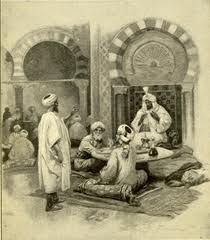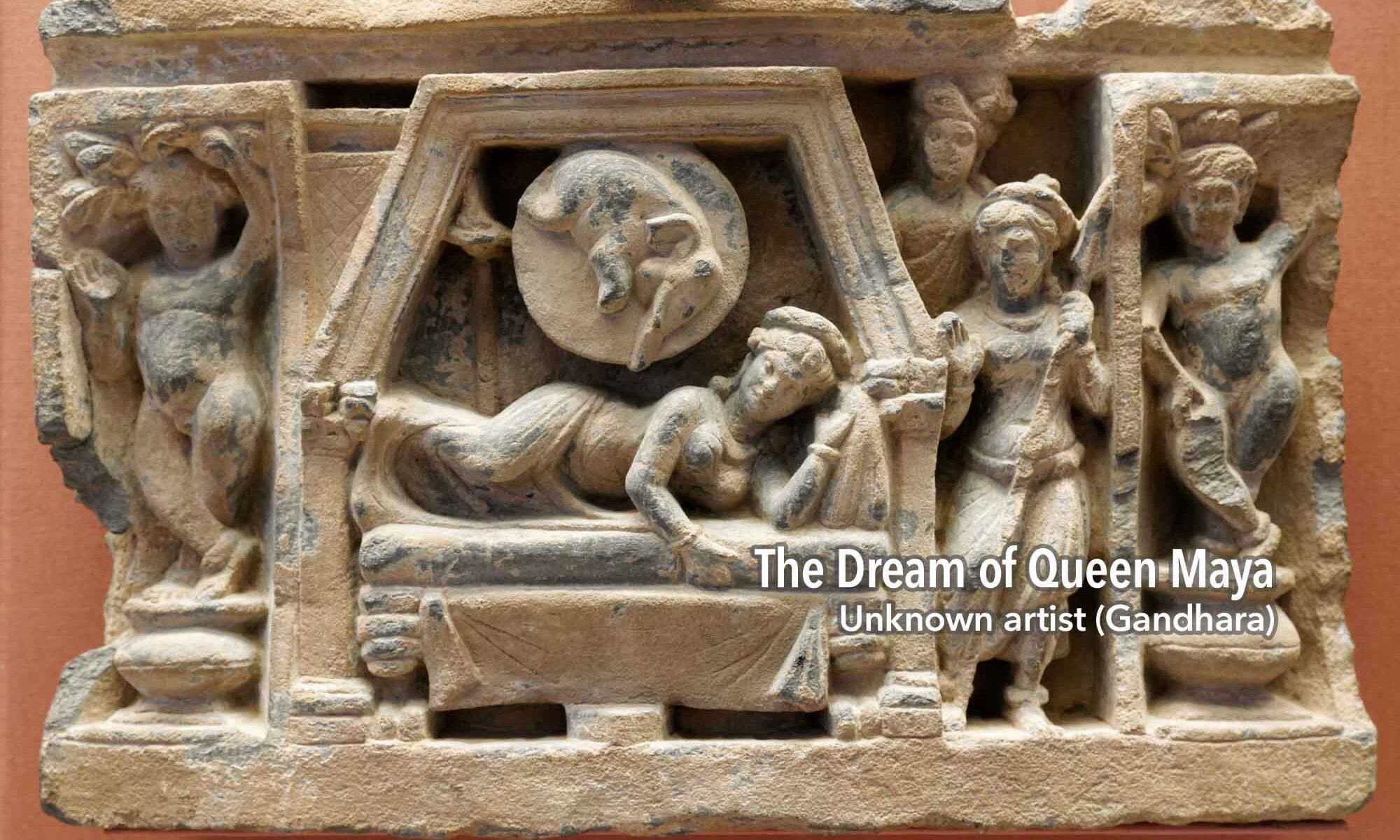 “Once a Caliph saw his teeth falling out in a dream. He called a dream interpreter and asked him about the meaning of his dream. The interpreter replied: ‘The entire family of my master will perish.’ The Caliph became upset, and called for another interpreter and told him the dream. The second dream interpreter replied: ‘The dream of my master, the prince of believers, is true, for he shall live the longest amongst his relatives.’ Immediately the Caliph embraced the man and rewarded him for his skill and tactfulness.” (quoted in Amira Mittermaier, “Dreams That Matter: Egyptian Landscapes of the Imagination,” p. 63)
“Once a Caliph saw his teeth falling out in a dream. He called a dream interpreter and asked him about the meaning of his dream. The interpreter replied: ‘The entire family of my master will perish.’ The Caliph became upset, and called for another interpreter and told him the dream. The second dream interpreter replied: ‘The dream of my master, the prince of believers, is true, for he shall live the longest amongst his relatives.’ Immediately the Caliph embraced the man and rewarded him for his skill and tactfulness.” (quoted in Amira Mittermaier, “Dreams That Matter: Egyptian Landscapes of the Imagination,” p. 63)
Patterns in Jewish Dreaming
 As a follow-up to the previous post about religious and non-religious people’s dreams, I’ve looked more carefully at the responses of people who identified themselves as Jewish. This is a much smaller group in my data set, with 131 participants (82 male, 49 female). I’m more confident talking about the sleep and dream patterns of protestants (1130 people), catholics (575) and “other/nones” (1078). But I don’t know of any other study of Jewish dreaming that includes even 131 participants, so it’s worth taking a look.
As a follow-up to the previous post about religious and non-religious people’s dreams, I’ve looked more carefully at the responses of people who identified themselves as Jewish. This is a much smaller group in my data set, with 131 participants (82 male, 49 female). I’m more confident talking about the sleep and dream patterns of protestants (1130 people), catholics (575) and “other/nones” (1078). But I don’t know of any other study of Jewish dreaming that includes even 131 participants, so it’s worth taking a look.
Compared to the others, Jewish people reported about the same amount and quality of sleep, somewhat lower dream recall but somewhat higher nightmare recall. Jewish people were most likely to talk with family or friends about their dreams, a finding that may indicate the influence of cultural and religious beliefs.
The survey included eight yes-no questions about “typical dreams,” asking “have you ever dreamed of:” falling, flying, being chased or attacked, sexuality, being in a situation exactly like waking life, being visited by someone who is dead, being aware of dreaming, and being able to control the dream.
Jewish participants had by far the lowest frequency of falling dreams. They reported the lowest frequeny of dreams of flying, chasing, being in a situation like waking life, and dream awareness. They were in the middle with the other groups on visitations from the dead, sexuality and dream control.
Based on this small sample it appearss that contemporary American Jews are relatively open in talking about their dreams with other people, but their personal dream lives tend to be moderate.
